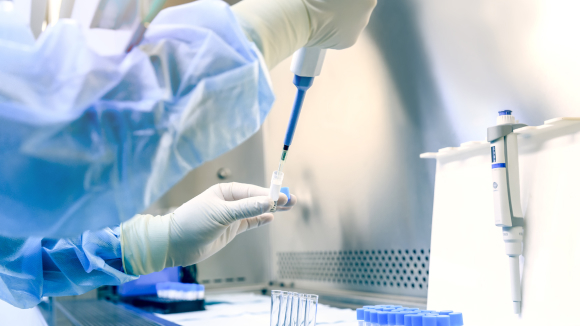Authors:Tsurushima H, Yoshii Y, Leong KW, Ohno T.
Journal:J Neurooncol. 2006 Jan;76(2):99-104.
Abstract:Autologous tumor-specific T lymphocyte (ATTL) lines were derived from the peripheral blood mononuclear cells (PBMC) of a healthy volunteer with human leukocyte antigen (HLA) -A*0201. These lines were achieved using interleukins -1beta, -2, -4, and -6 and the p53-based peptide from the 264-272 sequence of the wild-type p53 protein with a strong affinity against HLA-A*0201.;The frequencies of CD3+, CD4+, and CD8+ lymphocytes were 94-96%, 30-34%, and 69-74%, respectively. ATTLs killed most of the T2 cells pulsed with p53-derived peptide, but not against the T2 cells non-pulsed or pulsed with an irrelevant peptide. ATTLs also killed TKB-14 cells, which have been derived from human glioblastoma multiforme, and exhibited HLA-A*0201 molecule and immunohistochemical accumulation of p53 protein. These cytotoxic activities were inhibited by anti-CD3, anti-CD8, and anti-class I antibodies. These findings suggested that these ATTL lines might include CTL populations, which could recognize p53-derivedpeptide on HLA-A*0201 and the p53-based peptide may play as an antigen on HLA-A*0201. When tumor antigens would be more analyzed in the future, ATTL could be induced without the primary-cultured cells from tumor tissue and could be applied for cancer therapy.

























